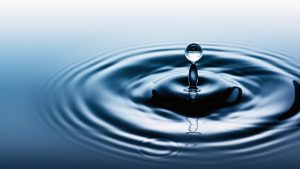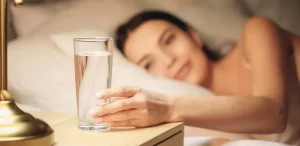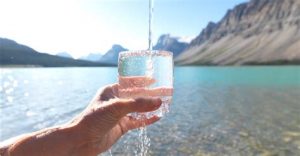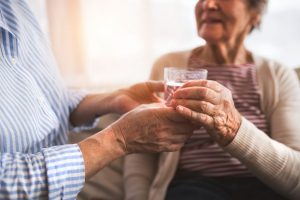
Dehydration can cause sleepless nights…plus, other surprising dangers of not getting enough fluids Most of us know that dehydration can lead to decreased urine output or cause urine to become dark and foul-smelling. It is also common knowledge that dehydration can lead to dizziness and lightheadedness, muscle cramps and, of course, thirst. But that's not all that puts a dehydrated body at risk.
Most of us know that dehydration can lead to decreased urine output or cause urine to become dark and foul-smelling. It is also common knowledge that dehydration can lead to dizziness and lightheadedness, muscle cramps and, of course, thirst. But that's not all that puts a dehydrated body at risk.
According to many integrative health experts: Dehydration can actually make it harder to get a good night's sleep due to problems like dry airways, increased snoring, and leg cramps. Remember: You're already losing water while you sleep through sweat and breath. Dehydration is also linked to other disabling or serious problems, including painful migraine headaches, delayed wound healing, organ damage, and impaired memory and cognition.
How much water should I drink?

Insufficient water intake affects the elderly population more, here are 3 warning signs that are often ignored. Most of us could probably drink enough water. But older adults are especially at increased risk for dehydration, for several reasons. For example, some older adults don't feel thirsty as easily as younger adults. If she gets older
If you have an elderly loved one in your life, be sure to educate them about the importance of dehydration and make sure they are easy to drink. In the meantime, be aware of these 3 often overlooked signs of dehydration in the elderly:
Increased skin turgor, also known as “tenting” (this happens when you pinch someone's skin and the skin doesn't immediately return to its original position)
Altered mental status: May become lethargic, confused, or delirious
Diarrhea that lasts longer than 24 hours
Sources for this article include:
Americanmigrainefoundation.org
Sleepfoundation.org
NIH.gov
USGS.gov
NIH.gov
NIH.gov
Chicagotribune.com




